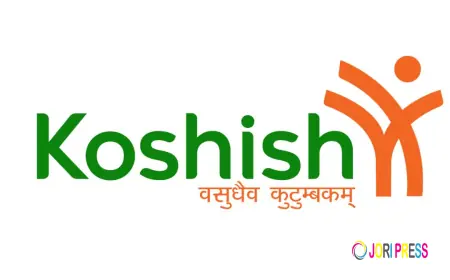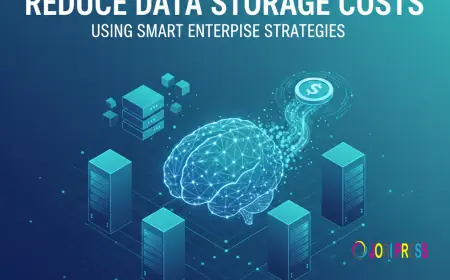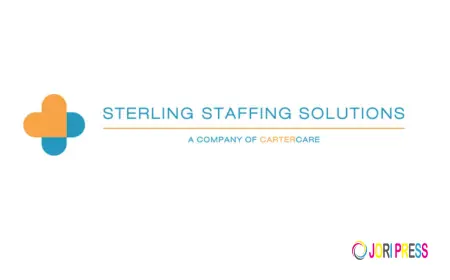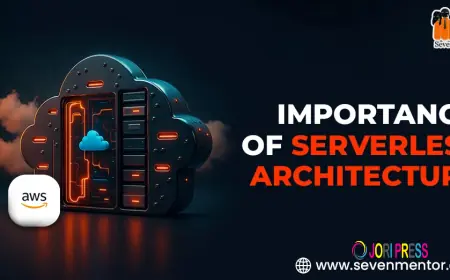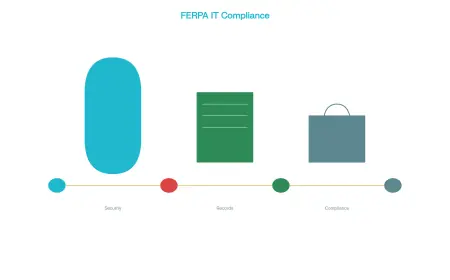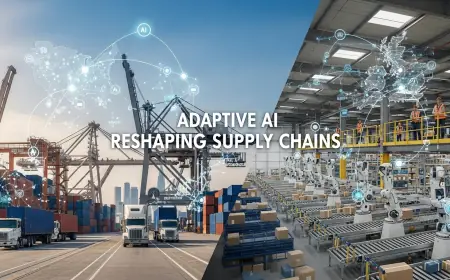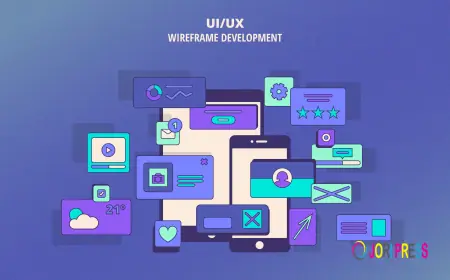Rethinking the Classroom: How Generative AI Gives Educators Time to Actually Teach

In an era where educational institutions are under pressure to deliver more with fewer resources, generative AI is emerging as a transformative force. The demand for personalized learning, efficient administration, and enhanced student engagement has placed enormous strain on educators. But instead of adding more hours to their already full schedules, a new solution is emerging: generative AI.
Generative AI for education is designed to do more than just automate rote tasks. It enables intelligent content creation, streamlines grading, facilitates personalized tutoring, and enhances communication across the education ecosystem. As schools, colleges, and universities look to modernize their approach, many are turning to a generative AI development company to integrate these tools effectively.
The Administrative Burden in Modern Education
Today’s educators are responsible not only for teaching but also for managing documentation, compliance, student communication, lesson planning, and assessment. The time spent on these non-teaching tasks can take up to 40% of an educator’s workload. These inefficiencies hinder both educator satisfaction and student outcomes.
Generative AI helps mitigate these challenges by automating repetitive and time-consuming tasks. Educators can then reallocate their focus toward instruction, mentorship, and innovation—the core elements of effective education.
Automating Lesson Planning and Curriculum Design
One of the standout features of generative AI for education is its ability to support lesson planning. AI tools can generate course outlines, learning materials, quizzes, and even multimedia content tailored to specific learning objectives.
Educators simply provide a topic or learning standard, and generative AI offers multiple content options that align with those goals. This functionality reduces hours of planning and ensures consistency in quality and alignment with institutional standards.
Enhancing Grading and Feedback Efficiency
Manual grading can be subjective, time-consuming, and prone to error. Generative AI enables automated grading of quizzes, assignments, and even essays by analyzing student responses, offering personalized feedback, and ensuring grading consistency.
When integrated by a capable generative AI development company, these solutions are fine-tuned to reflect institutional grading rubrics and adapt to subject-specific needs. This enables educators to provide timely and constructive feedback without being overwhelmed.
Personalized Learning Paths
Every student learns differently. Generative AI can analyze individual student performance, learning styles, and preferences to create customized learning paths. These paths can include adaptive assessments, varied content formats, and differentiated instruction strategies.
This level of personalization is nearly impossible to achieve manually at scale. With generative AI for education, educators can support diverse learners more effectively while focusing on meaningful one-on-one interactions.
Streamlining Student Communication
From reminders and announcements to clarification of instructions and answering frequently asked questions, student communication demands can quickly become overwhelming. Generative AI can automate many of these touchpoints through intelligent virtual assistants.
Such systems, developed by a generative AI development company, use natural language processing to engage in meaningful dialogue with students, reducing response times and increasing satisfaction.
Improving Accessibility and Inclusivity
Generative AI has also proven effective in supporting students with diverse needs. From creating audio versions of texts to translating materials into different languages and generating simplified summaries, the technology ensures a more inclusive learning environment.
Institutions that embrace these capabilities not only meet regulatory standards but also provide equitable learning opportunities for all students.
Support for Professional Development
Educators themselves benefit from generative AI through tools that support their ongoing development. These systems can recommend training modules, generate performance reviews based on classroom data, and even simulate classroom scenarios for practice and evaluation.
When institutions collaborate with a generative AI development company, they can build tailored professional development programs that evolve with educator needs and emerging teaching methodologies.
Data-Driven Insights for Educational Leaders
For administrators and education leaders, generative AI offers dashboards and analytics tools that synthesize data from multiple sources—student performance, attendance, engagement metrics, and more. These insights inform data-driven decisions that improve curriculum planning, resource allocation, and overall institutional effectiveness.
By working with a generative AI development company, schools can ensure that these tools are aligned with specific organizational goals and compliance requirements.
Addressing Ethical and Privacy Concerns
The use of AI in education also raises important ethical considerations. Institutions must ensure transparency in how AI-generated content is used, maintain student data privacy, and guard against algorithmic bias.
A reputable generative AI development company will prioritize ethical AI practices, providing documentation, auditing tools, and customizable guardrails to help institutions stay compliant and fair.
Integration and Implementation
To truly benefit from generative AI, it must be seamlessly integrated into existing educational ecosystems. This includes compatibility with LMS platforms, student information systems, and communication tools.
Generative AI solutions developed by experienced companies come with APIs, plug-ins, and end-to-end support to ensure minimal disruption and maximum adoption.
Case Examples Across Educational Levels
-
K-12 Schools use generative AI to create engaging lesson plans, automate communication with parents, and track early signs of learning difficulties.
-
Higher Education Institutions deploy AI for research assistance, multilingual content generation, and student support automation.
-
Vocational and Adult Learning Centers rely on AI to personalize content for learners with diverse backgrounds and career paths.
These implementations showcase the adaptability of generative AI for education, especially when partnered with a generative AI development company that understands institutional complexities.
Looking Forward: The Future of Teaching with AI
As generative AI becomes more intuitive and widely adopted, its role in education will continue to expand. Future innovations may include:
-
AI-powered peer review systems
-
Emotionally intelligent tutoring agents
-
Dynamic course adjustments based on real-time feedback
-
Cross-platform learning experiences that adapt in real time
For educational institutions to stay ahead, proactive adoption of generative AI must be part of their digital transformation roadmap.
Conclusion
Generative AI is not here to replace educators; it is here to empower them. By removing the administrative and repetitive tasks that consume valuable time, educators can return their focus to what matters most: teaching, mentoring, and inspiring students.
With the right support from a generative AI development company, educational institutions can implement these technologies responsibly and effectively. The future of education isn’t just about technology—it’s about giving teachers the time and tools to truly teach.
What's Your Reaction?
 Like
0
Like
0
 Dislike
0
Dislike
0
 Love
0
Love
0
 Funny
0
Funny
0
 Angry
0
Angry
0
 Sad
0
Sad
0
 Wow
0
Wow
0






